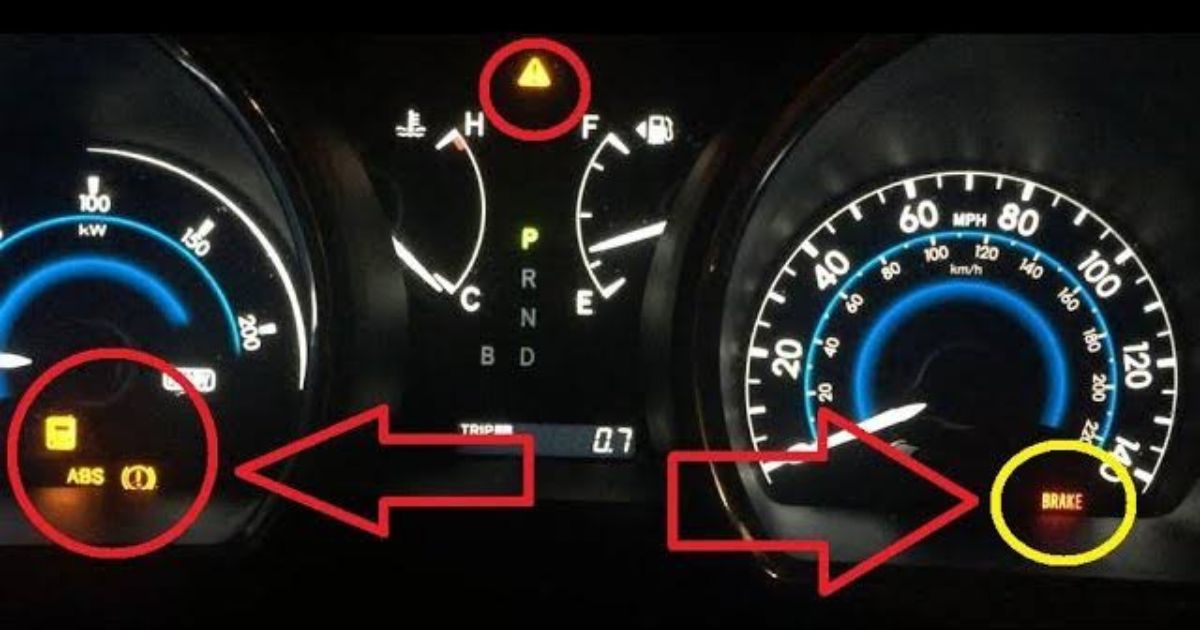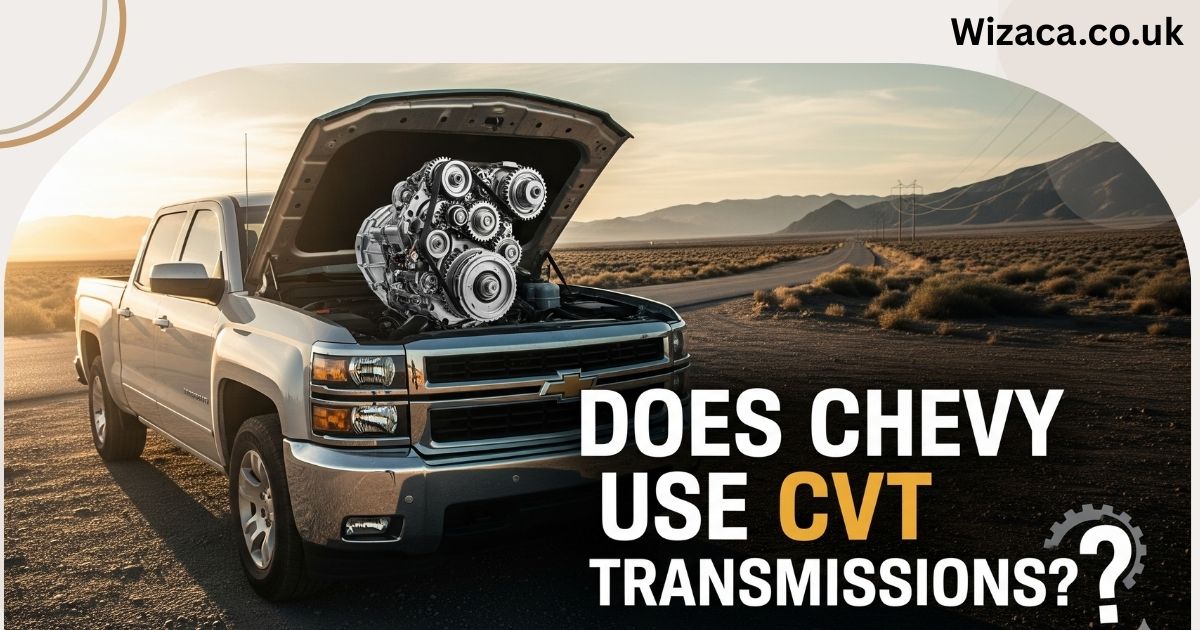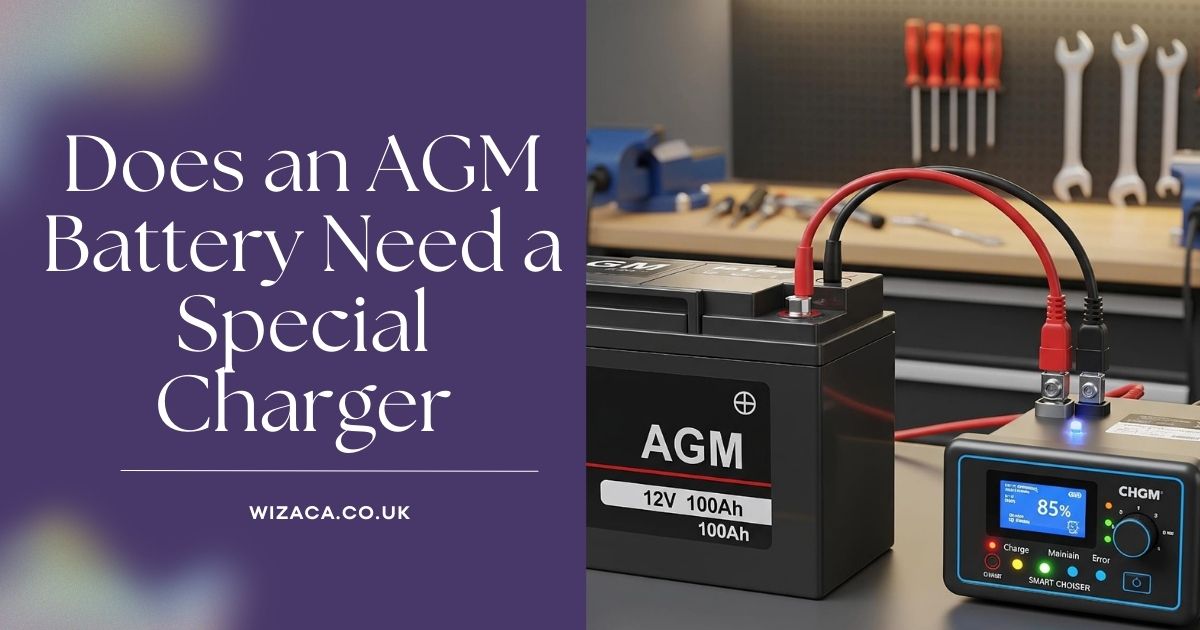Yes, low hybrid battery power can potentially affect braking performance in hybrid vehicles, but it’s not a direct cause of “low braking power” in the traditional sense. Hybrid vehicles utilize a combination of a gasoline engine and an electric motor, with the hybrid battery (typically a high-voltage lithium-ion or nickel-metal hydride battery) playing a key role in powering the electric motor and assisting in braking systems, especially in regenerative braking.
Let’s take a closer look at how a low hybrid battery could influence braking performance:
How Braking Works in Hybrid Vehicles
1. Regenerative Braking
- One of the key features of hybrid vehicles is regenerative braking. In this system, when you press the brake pedal, the electric motor acts as a generator and converts the vehicle’s kinetic energy (motion) back into electrical energy. This energy is then stored in the hybrid battery.
- Regenerative braking not only helps to recharge the hybrid battery but also reduces wear on the traditional braking components (like the brake pads and rotors).
2. Traditional Braking
- Hybrid vehicles also have traditional hydraulic braking systems (just like conventional vehicles) for emergency braking or when regenerative braking is not sufficient. This system is completely independent of the hybrid battery.
How Low Hybrid Battery Power Can Affect Braking
1. Impact on Regenerative Braking
- If the hybrid battery charge is low, the regenerative braking system may not function at full capacity. The vehicle may attempt to use the electric motor to regenerate and store energy, but if the battery is too low, it may not be able to accept and store the energy being generated.
- In this case, you may notice that the vehicle’s braking feels less responsive or less efficient, as regenerative braking is not able to assist as much. The vehicle will rely more on traditional braking, which could cause a slight change in braking feel or effectiveness.
2. Braking Power May Not Be Significantly Reduced
- Low hybrid battery power is more likely to affect the efficiency of braking (mainly regenerative braking) rather than directly causing low braking power. The hydraulic braking system will continue to work normally, and you should still have full control over stopping the vehicle in emergency or high-demand situations.
3. Battery Charge and Braking Feel
- In some hybrid vehicles, a low hybrid battery charge may trigger a system warning, and you may experience reduced regenerative braking power. However, the overall braking power (i.e., your ability to stop the car) is generally not compromised in the traditional sense.
Other Possible Issues Linked to Low Hybrid Battery Charge
1. Reduced Efficiency
- A low hybrid battery can affect the overall fuel economy and driving performance of the vehicle, as the electric motor won’t assist as much in acceleration or deceleration. This can result in lower fuel efficiency and potentially higher engine loads.
2. Warning Indicators
- If the hybrid battery is low or failing, the vehicle’s system may alert you with warning lights or messages on the dashboard. It’s essential to monitor these indicators and take your vehicle in for inspection and service to avoid more significant issues.
Conclusion
In conclusion, while low hybrid battery power can affect the performance of regenerative braking, it does not directly cause low braking power in the traditional sense. The vehicle will still have access to hydraulic braking and should be able to stop effectively. However, regenerative braking efficiency may decrease, and the vehicle may rely more on traditional brakes, which could feel different.
If you experience any significant braking issues or a lack of braking power, it’s essential to have your vehicle inspected by a professional to rule out any other problems, including those related to the braking system or hybrid battery.
Also Check:
• Does Brake Fluid Remove Car Paint
• Does Brake Dust Mean I Need New Brakes










